Description
Product Overview:
The Vitamin-B family includes choline and inositol. Choline is required for appropriate synaptic transmission, brain health, and the metabolism of fatty acids in the liver. Inositol is also necessary for the health of the brain and nervous system. Choline and inositol are both required components of all cell membranes.
Advantages and Features:
-
Vegan
-
Non-GMO
-
GMP
-
ISO 22000 certified
-
Supports Healthy Nerve Transmission
-
Dietary Supplement
-
Assists in Fatty Acid Metabolism
Usage:
-
Take 2 Capsules daily with Meal
Price:
-
$23.00
Key Ingredients:
-
Choline
-
Inositol
Servings:
-
60 Veg Capsules
Advisory:
-
Kindly Consult With Your Physician Before Using Any Dietary Supplements
Choline and Inositol
In the ever-evolving world of nutrition and health, some nutrients receive more attention than others. Vitamins, minerals, and macronutrients such as protein and carbohydrates increase metabolism. However, some lesser-known compounds play an essential role in maintaining our health and fitness. Choline and inositol are two of the unsung heroes of the nutritional world.
Choline, a water-soluble essential nutrient, is often grouped with the B vitamins because of its similar functions. On the other hand, inositol is a carbohydrate-like compound that is often referred to as “vitamin B8” but is not a vitamin. Both of these compounds play unique and critical functions in the human body, from brain health to liver function and beyond.
Basic information on choline
Choline is an essential nutrient, meaning the body cannot produce enough of it and must obtain it from the diet. It is important for a variety of functions, including cell membrane formation, nerve signaling, and fat metabolism. Choline is an integral component of phospholipids, the building blocks of cell membranes.
Choline plays a key role in brain health. It is a precursor to acetylcholine, a neurotransmitter involved in memory, mood regulation, and muscle control. Adequate choline intake is especially important during pregnancy, as it supports healthy fetal brain development.
Choline also has a role in lipid metabolism. It is involved in the transport and metabolism of fats and cholesterol in the liver. Thus, choline helps prevent the accumulation of fat in the liver, which is important for the overall health of the liver.
Sources of choline include eggs, lean meats, fish, and cruciferous vegetables. Although choline deficiency is rare, it can have serious consequences, including liver and muscle damage.
Exploring inositol
Inositol, also referred to as “vitamin B8”, is not a true vitamin as it can be synthesized by the body. It is a carbohydrate-like compound and exists in various forms, with Myo-inositol being the most abundant and biologically active form in the human body.
Inositol is known for its involvement in cell signaling and neurotransmitter action. It plays an important role in the regulation of various physiological functions, including insulin signaling, neurotransmitter release, and intracellular calcium levels.
One of the most recognized functions of inositol is its role in mental health. Inositol has been studied for its potential benefits in managing conditions such as anxiety, depression, and obsessive-compulsive disorder (OCD). It acts as a second messenger in the brain, modulating neurotransmitter activity, and is believed to help regulate mood.
In addition to its role in mental health, inositol is associated with improved insulin sensitivity. This has made it of interest in the management of conditions such as polycystic ovary syndrome (PCOS) and gestational diabetes.
Inositol can be found in a variety of foods, such as whole grains, nuts, seeds, and fruits. It can also be synthesized by the human body and dietary sources are usually sufficient to meet the body’s needs. Nevertheless, inositol supplements are available and used in some therapeutic applications.
Synergy of choline and inositol
Choline and inositol are often mentioned together because of their synergistic roles in the body. Choline aids in the transport and metabolism of fats, and inositol helps regulate lipid metabolism and insulin signaling. Together, they support overall metabolic health.
Additionally, these two compounds are important for healthy liver function. Choline prevents the accumulation of fat in the liver, while inositol plays a role in reducing the risk of non-alcoholic fatty liver disease (NAFLD). A combination of these nutrients is essential for the health of this vital organ.
Choline and inositol also play a role in the transmission of nerve impulses. Choline is a precursor to acetylcholine, a neurotransmitter responsible for nerve signal transmission. Inositol, as a second messenger in the brain, helps improve the activity of various neurotransmitters. This cooperation between choline and inositol ensures the smooth functioning of the nervous system.
These two nutrients are especially important during pregnancy. Choline supports fetal brain development, while inositol’s role in insulin sensitivity may help prevent gestational diabetes. The combination of these nutrients contributes to a healthy pregnancy and good outcomes for both mother and baby.
The underestimated importance of choline and inositol
Despite their important role in various aspects of human health, choline and inositol are often underestimated in nutritional discussions. Lack of widespread awareness of these nutrients can lead to inadequate intake, which can adversely affect one’s recovery.
Frequently Asked Questions:
Can choline and inositol be beneficial during pregnancy?
Choline is vital for fetal brain development, and inositol may help manage gestational diabetes, making them both important during pregnancy.
Can choline and inositol supplements aid in weight loss?
There’s limited evidence to support this, but some individuals use these supplements as part of weight management strategies.
Do choline and inositol support cognitive function?
Choline is important for memory and cognitive function, and some studies suggest inositol may support mental health.
Does choline supplement Cause any side effects?
Excessive choline supplementation may cause unpleasant body odor, low blood pressure, or gastrointestinal issues.
Can you get enough choline and inositol from your diet alone?
Mostly a balanced diet offers enough of choline and inositol but supplements may be required in some cases.

 STORE OPEN | LATEST UPDATE:
STORE OPEN | LATEST UPDATE:


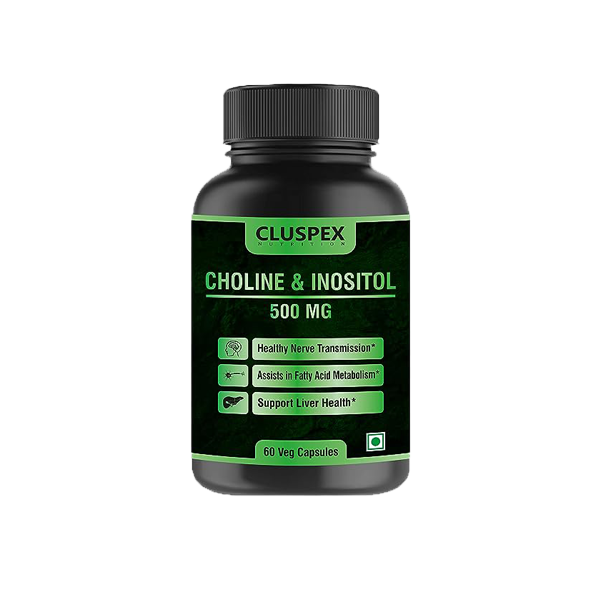
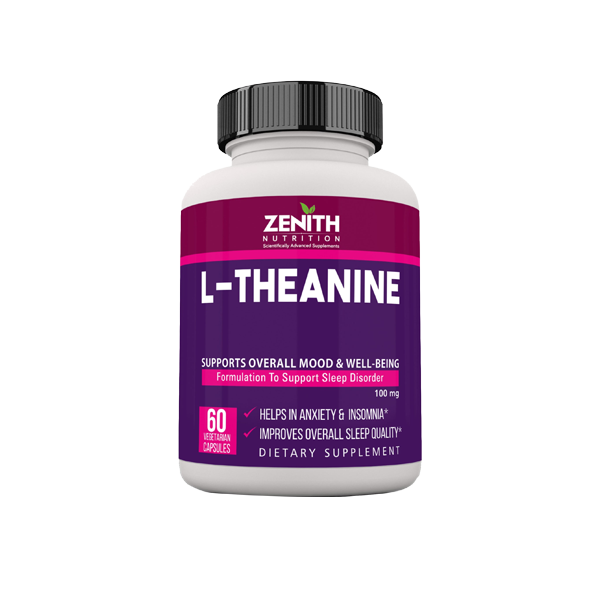
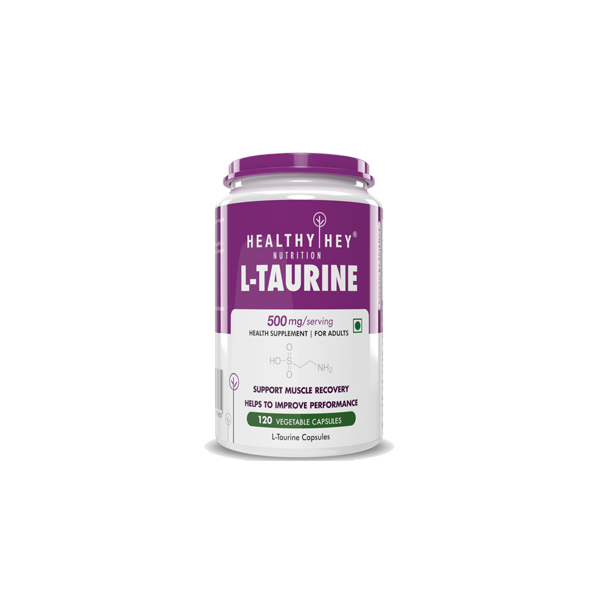
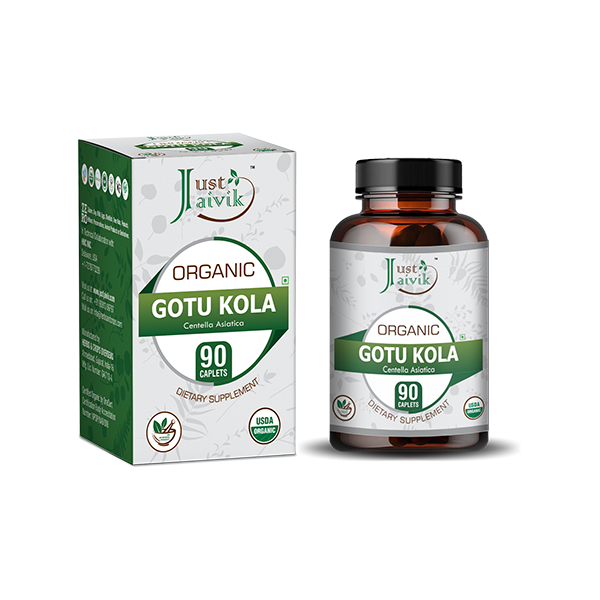
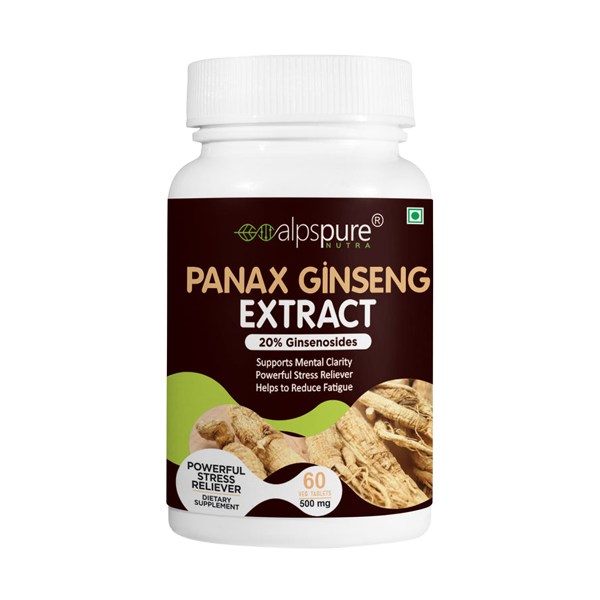
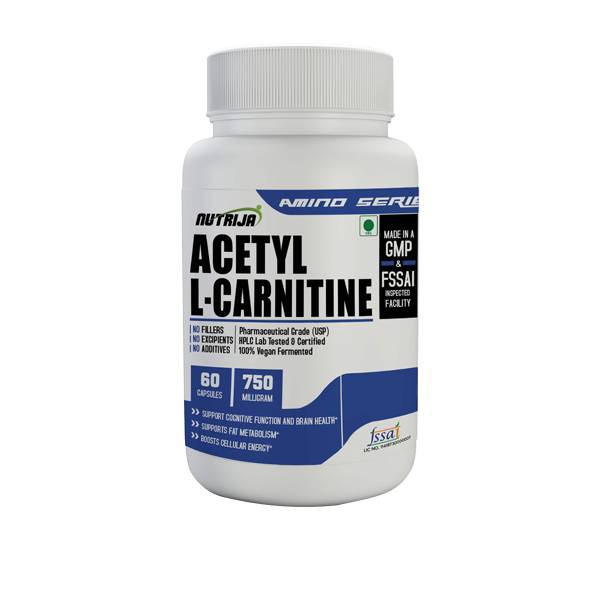
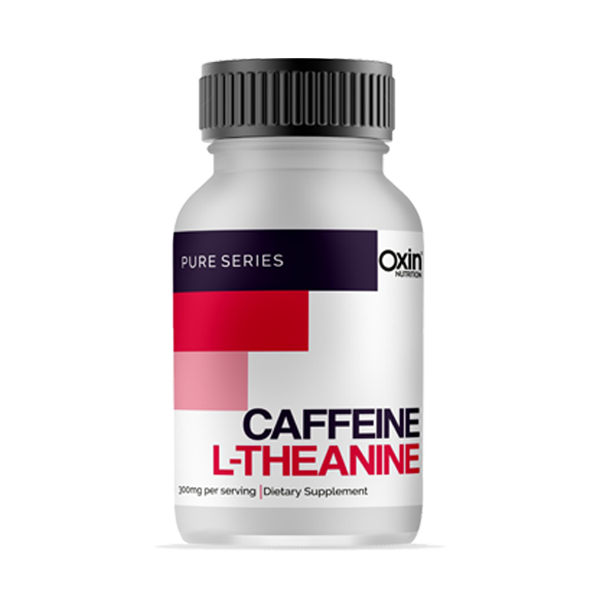
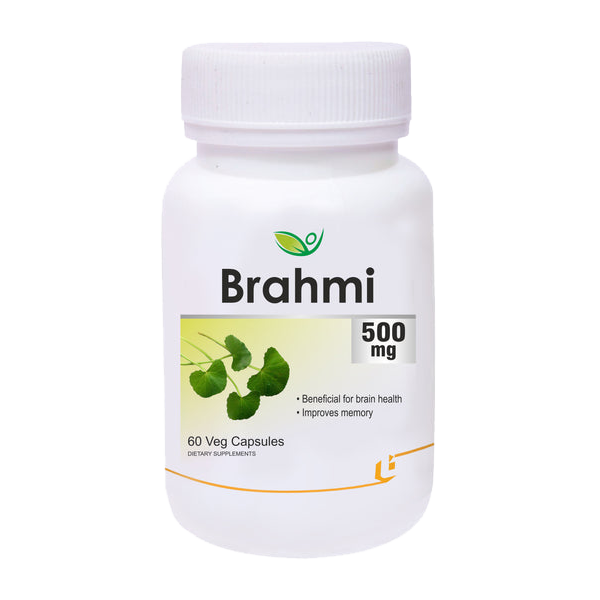
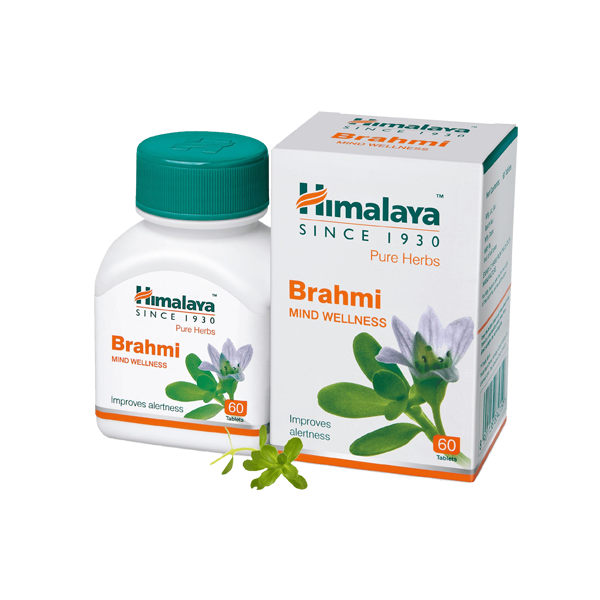
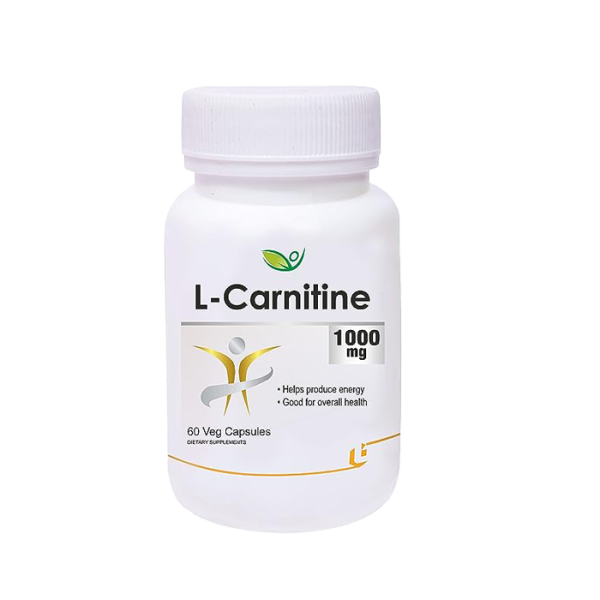


Mark –
Excellent product! Very prompt delivery too!